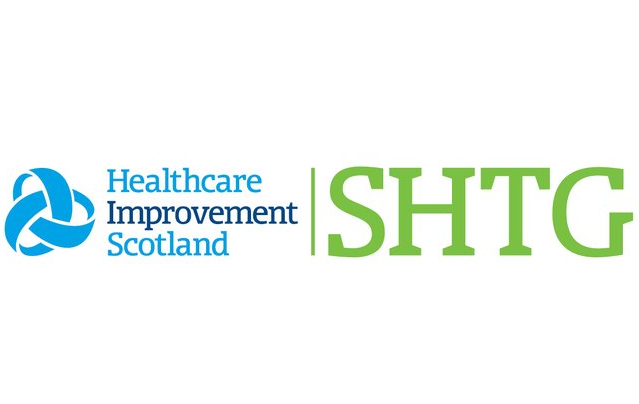Multidisciplinary community based respiratory care services for patients with chronic respiratory conditions

SHTG Recommendations for NHSScotland
Multidisciplinary community based respiratory care services should be offered to patients with chronic respiratory conditions where appropriate.
Health and Social Care Partnerships should offer a flexible service, that could include supported self- management interventions (such as home based pulmonary rehabilitation and advice on managing exacerbations) and hospital at home (for avoidance of hospital admissions and early supported discharge from hospital) within the context of local resources and geography.
All community respiratory care services should ensure clear, ongoing engagement with patients and their carers throughout their care. This will ensure any concerns about home based respiratory care are managed as part of the service.
To inform future service development, community respiratory teams should record service data including: respiratory conditions covered, patient numbers, services provided, hospital admission and readmission rates, and patient outcomes such as treatment success and mortality.
NHSScotland is required to consider the Scottish Health Technologies Group (SHTG) advice.
How the Council reached the recommendation
- The Council recognised the lack of evidence specific to CRTs and accepted the decision to consider evidence on components of CRTs to support this recommendation.
- The Council noted that there was no evidence from the published literature that any component of CRT services was associated with an increase in patient harms or poorer outcomes compared with usual care.
- The Council noted that there is currently variation in CRT service provision across Scotland and agreed that they were not recommending that all HSCPs provide the same service components.
- The Council talked about the substantial impact that COPD and asthma have on people’s lives, specifically the effects on physical and psychological wellbeing, activities of daily life and social activities.
- The Council discussed inequalities relating to COPD and asthma, and emphasised the importance of ensuring equity of access to CRT services across Scotland, including providing services for housebound patients and services that consider the socioeconomic and ethnic demographics in each area.
- The Council debated factors that could affect which patients were suitable for CRT services. It was felt that patients with severe respiratory illness or exacerbations should go directly to A&E rather than seeking care at home.
- The Council acknowledged the risk of rapid deterioration in patients with severe asthma and the resultant difficulties in determining which patients with asthma would be suitable for CRTs.
- The Council noted that provision of CRTs falls under the Scottish Government’s urgent and unscheduled care programme and that the Scottish Government’s COPD Best Practice Guide includes case studies from CRTs across Scotland and recommends provision of CRTs and H@H services for patients with COPD.
- The Council discussed how people could interpret ‘community based’ interventions as being delivered in health centres, community centres or group classes rather than individual care delivered in a person’s home, as is the case with CRTs.
- The Council noted the importance of shared decision making between healthcare professionals and patients in ensuring patients could gain the maximum benefit from supported self-management.
- The Council acknowledged the potential for supported self-management to prevent exacerbations in the long term by supporting patients to manage their condition at home.
Date of publication: 31 August 2023